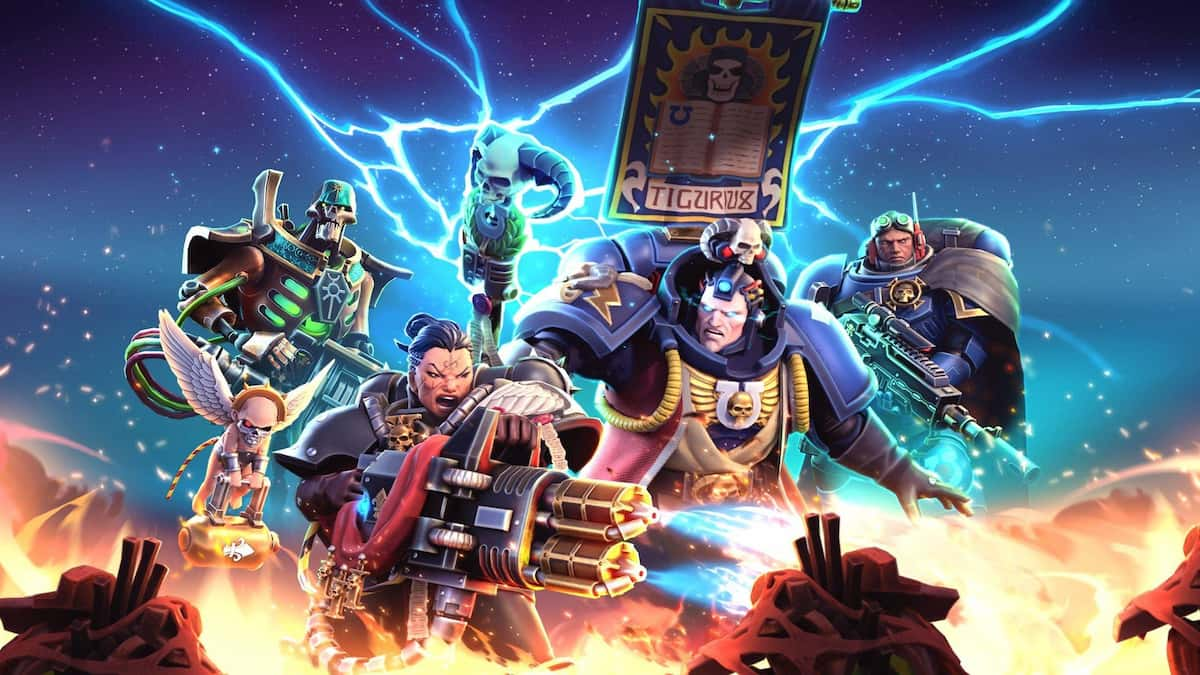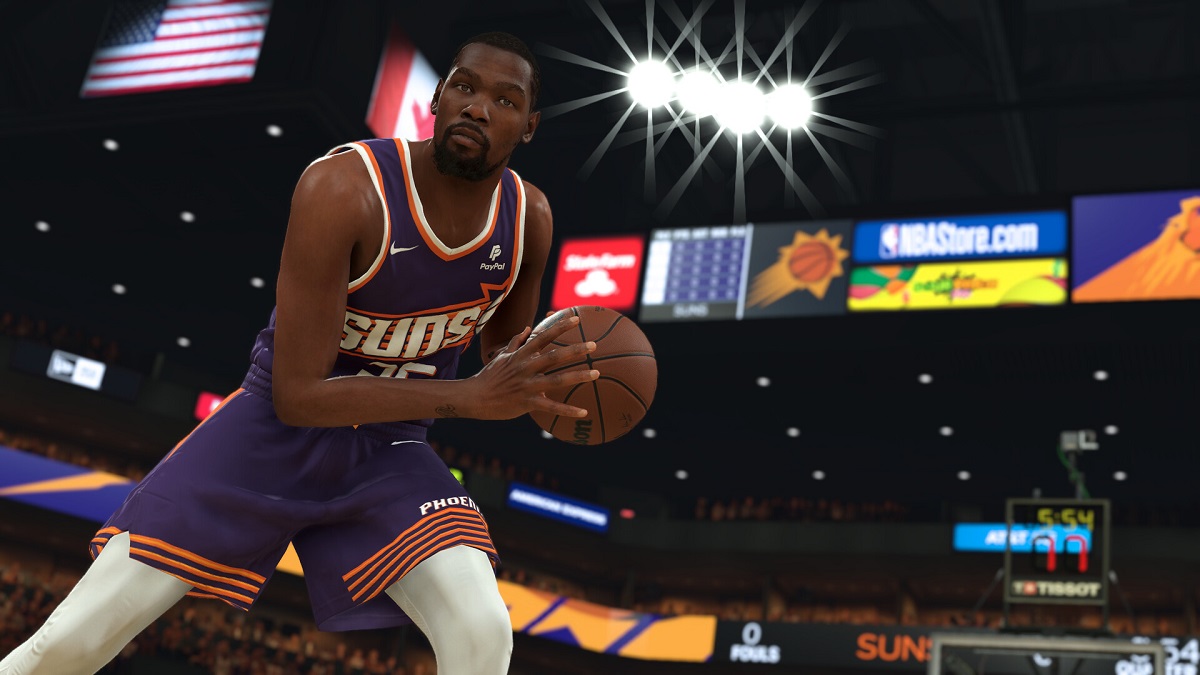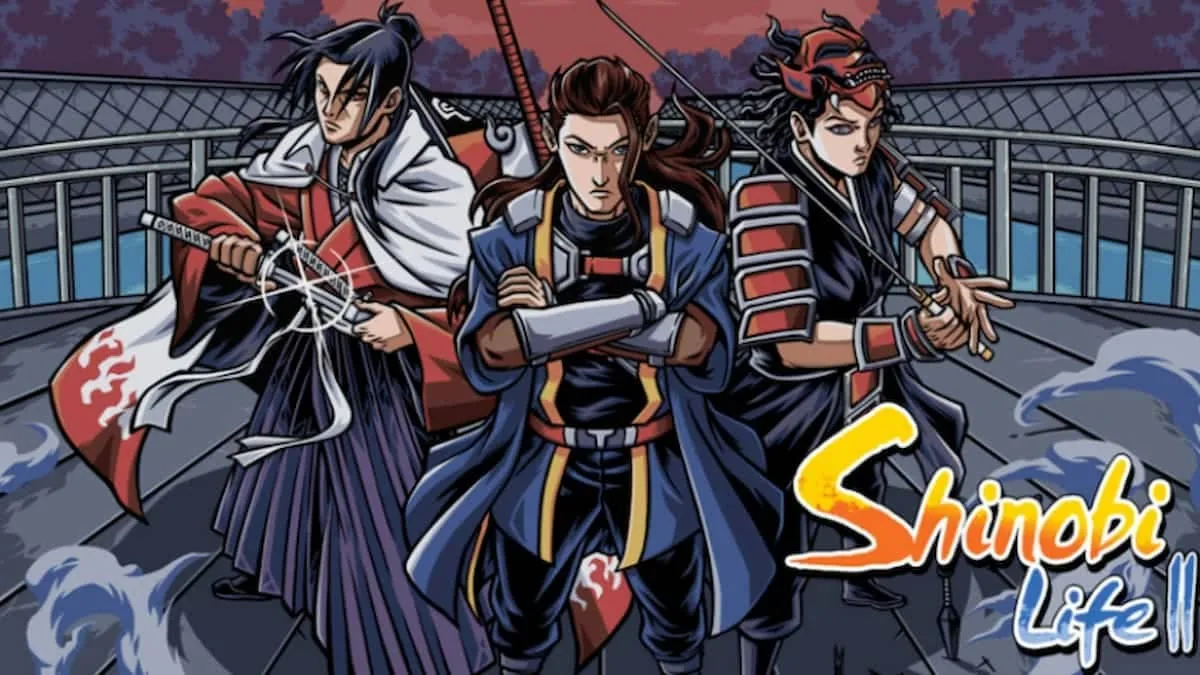The ultimate goal of many freelance gaming writers is to earn a position in the world of video game journalism. Games journalism has many different tracts, from writing guides for games to conducting industry interviews. The purpose of this guide is to help you interview at an industry event, like E3 or PAX.
This advice comes from my own experience, so take it in the spirit it is given. There are plenty of ways to skin a cat, and there are many ways to conduct yourself at a convention.
Don’t Fly by the Seat of Your Pants

It’s really tempting to run into your first video game convention, perhaps with a press pass in hand, and just hope something lands in your lap. The first major convention I attended, PAX Prime 2013, I approached in much the same way. I had a standard 3-day convention pass, and showed up when the doors opened hoping to play every game I could get my hands on.
There are a couple of reasons I would advise against this tactic. For starters, major video game conventions are huge. If you’ve never attended one before, imagine the largest university in your state holding a football game and letting everyone out on the field. Except that it’s also filled with huge psychedelic displays, people in costumes, and every game you’ve heard about for the past year (and some new ones). It’s barely controlled madness.
My first convention I spent 2 hours waiting in line for access to The Wolf Among Us, and while it was worth the time to get first hand experience with a new title, it meant that I wasted valuable time that would’ve been used interviewing developers. This is the risk of flying by the seat of your pants.
Schedule Interviews
This first big step is substantially easier if you have access to a mythical press pass. Different conventions will go about this process in different ways and with a variety of steps that I will detail in a later article. For PAX, you get put on an email list for all developers to contact.
Honestly, the worst they can do is not respond.
This doesn’t limit who you can contact. Are you a fan of the developer Double Fine? If you know they’re going to be at the convention, put out feelers even if you don’t have a press pass. Honestly the worst they can do is not respond. You can reach out to developers like this through their contact pages on their websites or through Twitter or other social media. This is easier with a smaller publisher, and not necessarily someone like Riot.
For PAX East 2014, I put out a call with the PAX hashtag on Twitter, which is how I got ahold of a few other developers. These were fantastic interviews that I would’ve otherwise missed.
Interviews typically run about 30 minutes a piece, though this will depend on the individual developers. This is a copy of my schedule for PAX East 2014:
Typically I tried to space interviews so that there was 30 minutes in between each one, enough time to run around the massive convention center. This schedule is very ambitious, and not necessarily what you’ll want to do. But it shows the way you can space things out throughout the three days of a convention.
Come to the Interview like it was Your Job
Two major things really helped me make my interviewing above the board. For starters, I brought a little recording device so that I could record all of my interviews. As you are recording people, it is good practice to first ask each person if they are ok with being recorded. I didn’t have a single interviewee say no, but it’s good practice to ask either way.
The other thing, the thing I’m probably best known for in terms of my interviewing is my binder.
You might be asking, “Why a binder?”
For every one of those interviews, I printed out a piece of paper with the date, time, and location of the interview. Additionally, I made sure to include an informational blurb for each one of the developers, the property we would be discussing, and a minimum of five questions. I then reviewed these notes just prior to the interview to prepare myself.
Overkill? Maybe. But I never walked into an interview without knowing what there is to know about the developer. I never had to come up with questions on the fly and I never asked questions that I knew were just in the FAQ section on their website.
Bring business cards. You’re a professional, act like one. One key way to do that is to bring a card with your name, your media outlet, and your contact information. Be prepared to accept business cards back from every person you meet. And actually reach out to those developers after the convention, whether you write about them or not, to touch base. This is your chance to network professionally. If you can’t afford to design or print out cards, you can just get blank cards and write your information in. It won’t be pretty, but it is better than nothing.
So What About Those Questions?
People tend to over complicate questions and, when it comes down to it, miss the chance to really rock the opportunity to talk one on one with a developer. There’s one big “Don’t” in my book: don’t ask questions in the FAQ section on the website. This can seem obvious, but I can’t tell you the amount of times I’ve read interviews where the interviewer asks something like “What platform is this going to be on,” or “when is your release date.” These questions are available everywhere, and are frankly a waste of everyone’s time. It’s important that you know what you’re talking about (RE: the binder) and ask valuable questions.
The real skill to creating interview questions is a few softball mixed with some bigger, potentially meatier questions. Since you’re doing entertainment journalism, you’re rarely going to be asking real hard hitting questions.
Some sample softball questions are, “How do you feel about the community that Kickstarted you?” and “What did you think about working through Greenlight?” These questions, with a few exceptions, will usually be the moment when the developer gets to gush about the community that propelled them to success, and it’s a good moment.
Harder, less soft questions are where you ask about the development process in more depth, working with the studio that they’re involved with, and touching on interesting bits of your research. What would a die-hard fan (or critical reader) want to know? Your intention should never be to trip up your interview subject. We’re not Katie Couric, and even if we were, the convention room floor is not the time to be an investigative reporter.
It Comes Down to This
A convention is a pretty short experience, overall, and it’s a great opportunity to actually network with developers. Especially if you don’t live in a major city, this is a rare chance to actually meet with developers one on one, and it’s a chance that you shouldn’t miss. One of the keys to getting the most out of the actual convention time is pre-con preparation: get your notes in order, know what you want to see and do and who you want to talk to, and think ahead about the questions you want answered.
Don’t stress, enjoy yourself, and really soak in the experience. Standard convention tips always apply — bring extra socks to change throughout the day, carry a large bag and wear comfortable shoes and try not to eat at the convention center. Follow these rules and you’re already halfway on your way to being a true convention superstar.









Published: Jan 8, 2015 07:22 pm